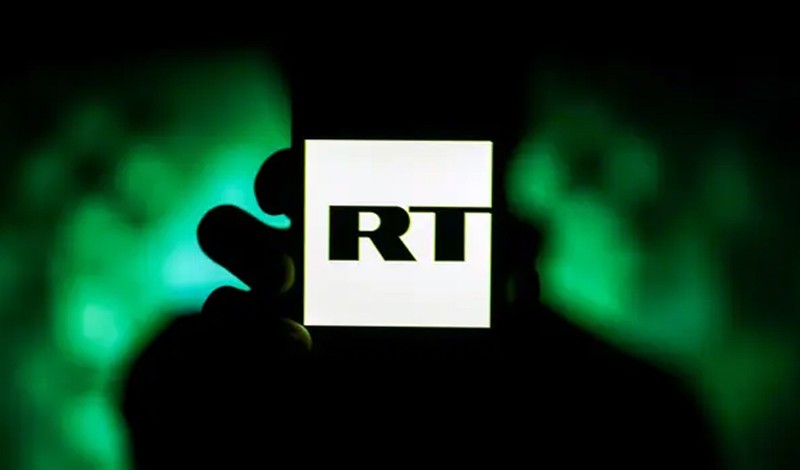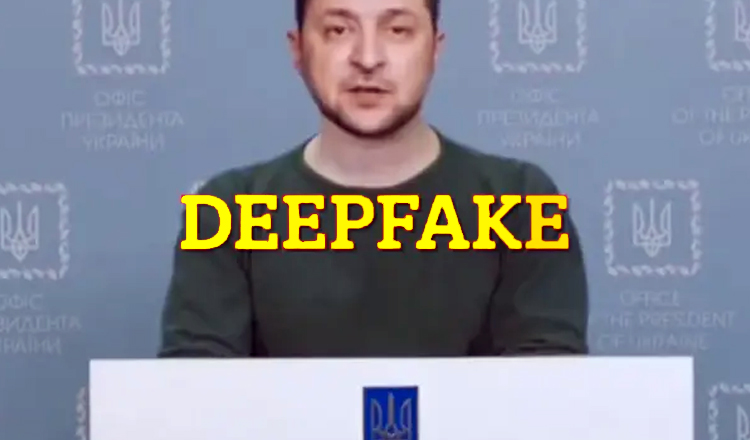 |
| Last Monday, Ofcom in the United Kingdom revoked the license of the Russian-backed news station RT. Image: Muhammed Ibrahim Ali/Shutterstock |
In an internet attack on "false and misleading" reports reportedly sponsored by Russian intelligence, twelve significant misinformation outlets used to support Vladimir Putin have been sanctioned.
The Foreign Office said last week that penalties would be put on the notorious Russian troll factory, the Internet Research Agency. New Eastern Outlook and Oriental Review, two additional accused disinformation websites, were also attacked.
The Internet Research Agency has previously been revealed for paying £500 a month to Russian-based bloggers to flood the internet with pro-Putin comments on chat forums, social media platforms, and the comment sections of western publications. Russian intelligence, according to government investigators, also promotes worldwide news and analysis websites that favor the Kremlin's view of the Ukraine invasion.
The effect of Russian information distortion operations in the Ukraine crisis is being dulled by concerted action by governments and social media corporations, according to Tom Southern of the Centre for Information Resilience, a non-profit UK social venture that opposes disinformation. "This appears to be a watershed moment in the fight against fake news," he said.
Sanctions have been imposed by the US Treasury on the three outlets named by UK authorities. It has also taken action against at least nine other countries, five of whom have been sanctioned since the invasion of Ukraine. The Strategic Culture Foundation, which touts itself as a "forum for thorough analysis on Eurasian and global issues," is one of the websites sanctioned by the US.
Russian statements of a "covert project" to turn Ukraine into a nuclear power have been highlighted by the website. One of the report's writers also suggested that the novichok poisoning of Sergei and Yulia Skripal in Salisbury in March 2018 was most likely a British "false flag" operation intended to "incriminate, demonize, and delegitimize Russia."
The website is described by the US Treasury as a Russian-registered online newspaper run by the country's foreign intelligence service. "It publishes conspiracy theories, providing them a larger platform to spread disinformation," the statement says, "while attempting to disguise the journal's Russian origin so that readers are more likely to believe the source."
Since September 2020, the website's Twitter and Facebook accounts have been deactivated. The Strategic Culture Foundation did not respond to a request for comment, but claims on its website that it is linked to Russian intelligence are "unsubstantiated" and "a glimpse into the dismal future of governments previously recognized as democratic silencing dissident voices."
The news agencies SouthFront, NewsFront, and InfoRos have all been sanctioned by the American government as being related to the Strategic Culture Foundation. All three are suspected of having ties to Russian intelligence, according to US officials.
Bret Schafer, a senior fellow at the Alliance for Securing Democracy, a US organization that tracks online lies and misinformation, said it didn't appear that the tactics used to sabotage the American electoral system – involving thousands of accounts on multiple platforms – were being widely used in the Ukraine conflict.
He said that Russia-backed websites were being used to promote fake information and propaganda, but that they were constantly blocked on social media. He stated, "They're attempting to get dirty material into the online ecosystem in the hopes that it would be picked up by websites and persons with a greater reach."
 |
| A fake video of Ukrainian President Volodymyr Zelenskiy calling on his soldiers to lay down their weapons. Image: Twitter |
The Ukrainian government has been subjected to disinformation campaigns, including a bogus video of President Volodymyr Zelensky urging his soldiers to lay down their rifles that surfaced online last week. Zelensky instantly rejected it as a "childish provocation."
Foreign Secretary Liz Truss stated last week that the government was taking measures against Russian disinformation from the Kremlin's press office as well as online disinformation outlets. "We're attacking those closest to Putin harder and quicker than ever before, from significant billionaires to his prime minister, and the propagandists who sell his lies and propaganda," she said. We're holding them responsible for their role in Russia's crimes in Ukraine."
Source: The Guardian









0 Comments
please do not enter any spam link in the comment box